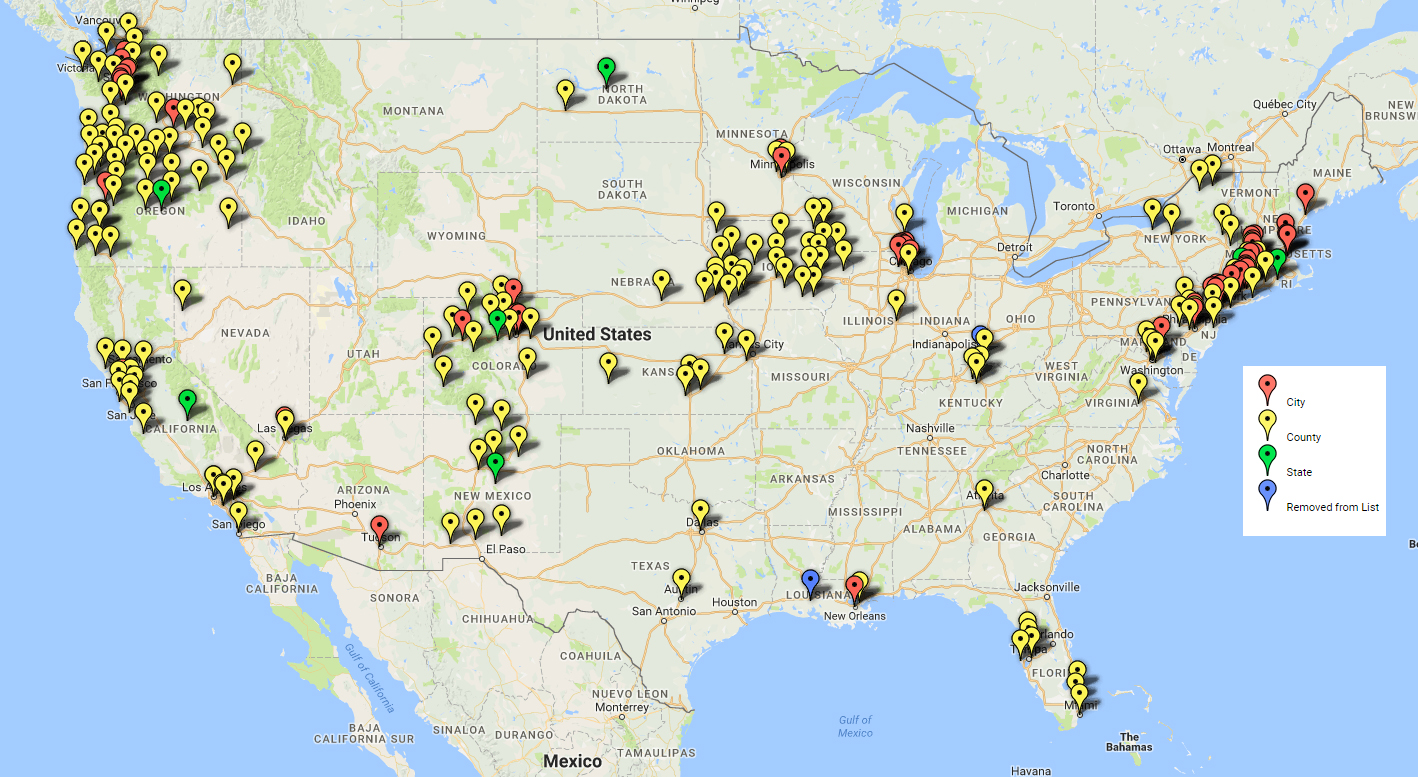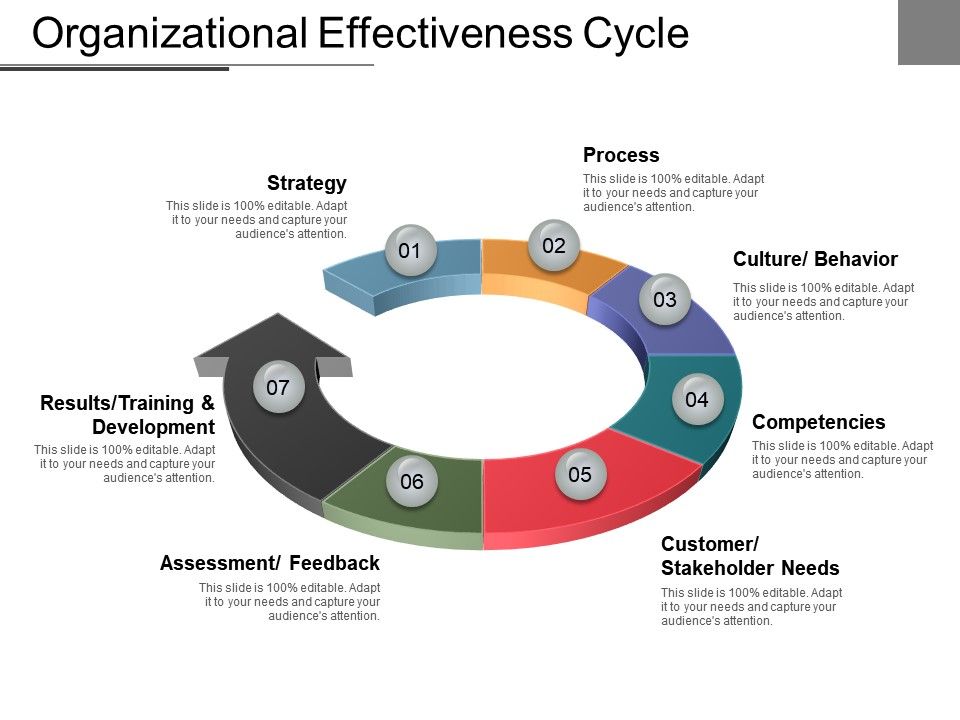Sanctuary Cities & States: Trump's Planned Nationwide Database

Table of Contents
What are Sanctuary Cities and States?
Sanctuary cities and states are jurisdictions that limit their cooperation with federal immigration enforcement efforts. This often involves policies that restrict the sharing of information about undocumented immigrants with Immigration and Customs Enforcement (ICE). The specific policies vary widely, but the core principle remains a reduced level of collaboration with federal immigration authorities.
- Definition: Jurisdictions that actively limit cooperation with federal immigration enforcement agencies, primarily ICE.
- Policies: These policies can range from refusing to detain individuals solely based on an ICE detainer to prohibiting city employees from inquiring about immigration status.
- Motivations: Proponents argue that these policies protect vulnerable immigrant communities, uphold due process rights, and promote social justice within their communities. They often emphasize the importance of building trust between law enforcement and immigrant populations.
- Examples: Prominent examples include cities like San Francisco, New York City, and Los Angeles, as well as states like California and Oregon. However, the specific policies and levels of cooperation vary significantly among these jurisdictions.
Legal Challenges to Sanctuary Policies
The legality of sanctuary city policies has been a major point of contention, leading to numerous legal battles.
- Supreme Court Cases: While there hasn't been a definitive Supreme Court ruling directly addressing the constitutionality of all sanctuary city policies, various cases have touched upon related issues of federal preemption and state sovereignty.
- Federal vs. State Power: A central conflict lies in the tension between federal immigration laws, which grant authority to ICE, and state and local governments' desire to create their own policies regarding immigration enforcement within their borders.
- Preemption Doctrine: The preemption doctrine, which dictates that federal laws supersede conflicting state laws, is often invoked in these legal challenges. The extent to which federal immigration law preempts state and local sanctuary policies remains a subject of ongoing debate and litigation.
Trump's Planned Nationwide Database: Details and Objectives
The Trump administration's proposed nationwide database aimed to track undocumented immigrants across the country, facilitating their identification and deportation.
- Purpose: The stated objective was to create a centralized database to improve ICE's ability to locate and deport undocumented individuals. This was seen as a key component of the administration's stricter immigration enforcement policies.
- Data Sources: Potential sources included local law enforcement records, Department of Motor Vehicles (DMV) data, and potentially other federal and state databases. The integration of these disparate data sources presented significant logistical challenges.
- Privacy Concerns: Critics raised serious concerns about the potential for privacy violations and civil liberties infringements. The collection and use of such sensitive personal information raised questions about potential misuse and data breaches.
- Legal Basis: The legal basis for such a database was heavily debated, with opponents arguing it violated individuals' Fourth Amendment rights (protection against unreasonable searches and seizures) and other constitutional protections.
-
Implementation Challenges
The creation and implementation of this database faced numerous obstacles.
- Data Collection Difficulties: Gathering accurate and comprehensive data from various sources across the country proved exceptionally challenging. Data inconsistencies, inaccuracies, and privacy limitations posed significant hurdles.
- Cost and Resources: Establishing and maintaining such a vast database would have incurred substantial costs, requiring significant financial investment and extensive resources.
- Resistance from Local Jurisdictions: Significant resistance from sanctuary cities and states was anticipated, potentially hindering data sharing and collaboration. Many local governments actively opposed cooperating with such a federal initiative.
The Impact on Immigrant Communities
The proposed Sanctuary Cities Database had the potential to severely impact immigrant communities.
- Fear and Mistrust: The very existence of such a database fostered increased fear and distrust within immigrant communities, potentially discouraging individuals from seeking essential services.
- Reduced Access to Services: Fear of deportation could deter undocumented immigrants from accessing vital healthcare, education, and social services, exacerbating existing health and social disparities.
- Family Separation: Increased deportations resulting from the database's use posed a significant risk of family separation, creating profound emotional and social consequences.
Socioeconomic Consequences
The potential socioeconomic consequences extended beyond individual immigrant families.
- Labor Market Impacts: The removal of undocumented workers from the labor force could negatively impact certain industries reliant on this workforce. This could lead to labor shortages and economic disruption.
- Economic Contributions of Immigrants: It is important to acknowledge the significant economic contributions that immigrants make to the U.S. economy. Depriving the economy of this workforce could have detrimental effects on productivity and growth.
Political and Legal Battles Surrounding the Database
The proposed database sparked intense political and legal battles.
- Opposition from Democrats: Democrats strongly opposed the database, arguing it was an infringement on civil liberties, promoted racial profiling, and would disproportionately affect minority communities.
- Support from Republicans: Republicans largely supported the initiative, framing it as a necessary tool for enforcing immigration laws and enhancing national security.
- Legal Challenges: Numerous legal challenges were anticipated, focusing on the constitutionality of the database and the potential violation of individual rights. These challenges would likely focus on due process, equal protection, and the Fourth Amendment.
- Public Opinion: Public opinion on the database and sanctuary cities was highly divided, reflecting the deeply polarized nature of the immigration debate in the United States.
Conclusion
The proposed nationwide database for tracking undocumented immigrants in sanctuary cities and states remains a highly contentious issue, raising serious questions about privacy, due process, and the balance of power between federal and local governments. The database's potential impact on immigrant communities and the broader American society is significant and warrants careful consideration. Understanding the intricacies of the Sanctuary Cities Database debate is crucial for informed civic engagement. Stay informed about developments concerning the Sanctuary Cities Database and its potential ramifications. Further research into sanctuary city policies and their legal implications is strongly encouraged.

Featured Posts
-
 Middle Management An Essential Link In Organizational Effectiveness
Apr 29, 2025
Middle Management An Essential Link In Organizational Effectiveness
Apr 29, 2025 -
 Alberto Ardila Olivares Garantia De Gol
Apr 29, 2025
Alberto Ardila Olivares Garantia De Gol
Apr 29, 2025 -
 Revolutionizing Voice Assistant Development Open Ais Latest Tools
Apr 29, 2025
Revolutionizing Voice Assistant Development Open Ais Latest Tools
Apr 29, 2025 -
 Wrexhams Rise Ryan Reynolds Investment Pays Off With Promotion
Apr 29, 2025
Wrexhams Rise Ryan Reynolds Investment Pays Off With Promotion
Apr 29, 2025 -
 Lmht Ela Fealyat Fn Abwzby Almuqrr Antlaqha 19 Nwfmbr
Apr 29, 2025
Lmht Ela Fealyat Fn Abwzby Almuqrr Antlaqha 19 Nwfmbr
Apr 29, 2025
Latest Posts
-
 Finding Nostalgia On You Tube Older Viewers Share Their Experiences
Apr 29, 2025
Finding Nostalgia On You Tube Older Viewers Share Their Experiences
Apr 29, 2025 -
 Returning To Beloved Shows How You Tube Caters To Older Viewers
Apr 29, 2025
Returning To Beloved Shows How You Tube Caters To Older Viewers
Apr 29, 2025 -
 London Real Estate Fraud British Court Upholds Vaticans Claim
Apr 29, 2025
London Real Estate Fraud British Court Upholds Vaticans Claim
Apr 29, 2025 -
 Vatican Defrauded London Real Estate Deal Ruled Fraudulent By British Court
Apr 29, 2025
Vatican Defrauded London Real Estate Deal Ruled Fraudulent By British Court
Apr 29, 2025 -
 Analyzing You Tubes Appeal To An Aging Viewership
Apr 29, 2025
Analyzing You Tubes Appeal To An Aging Viewership
Apr 29, 2025
